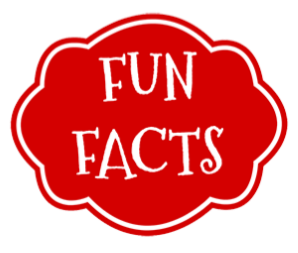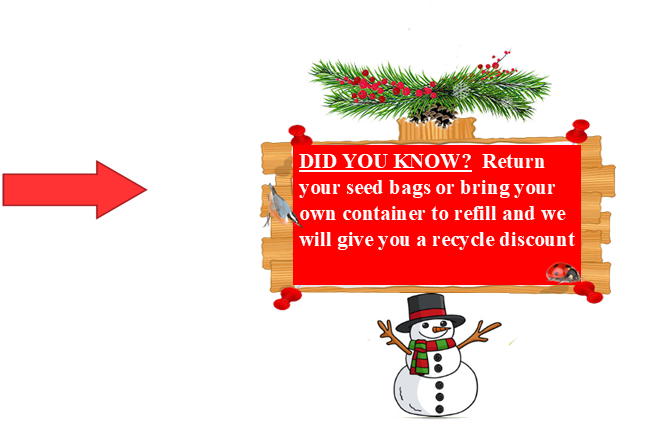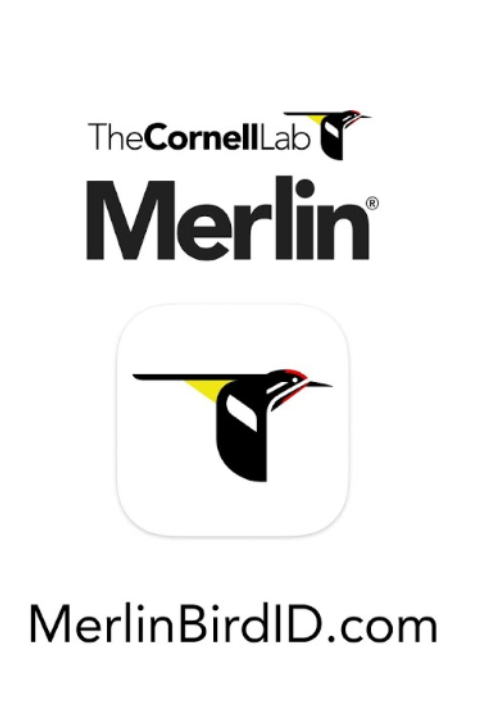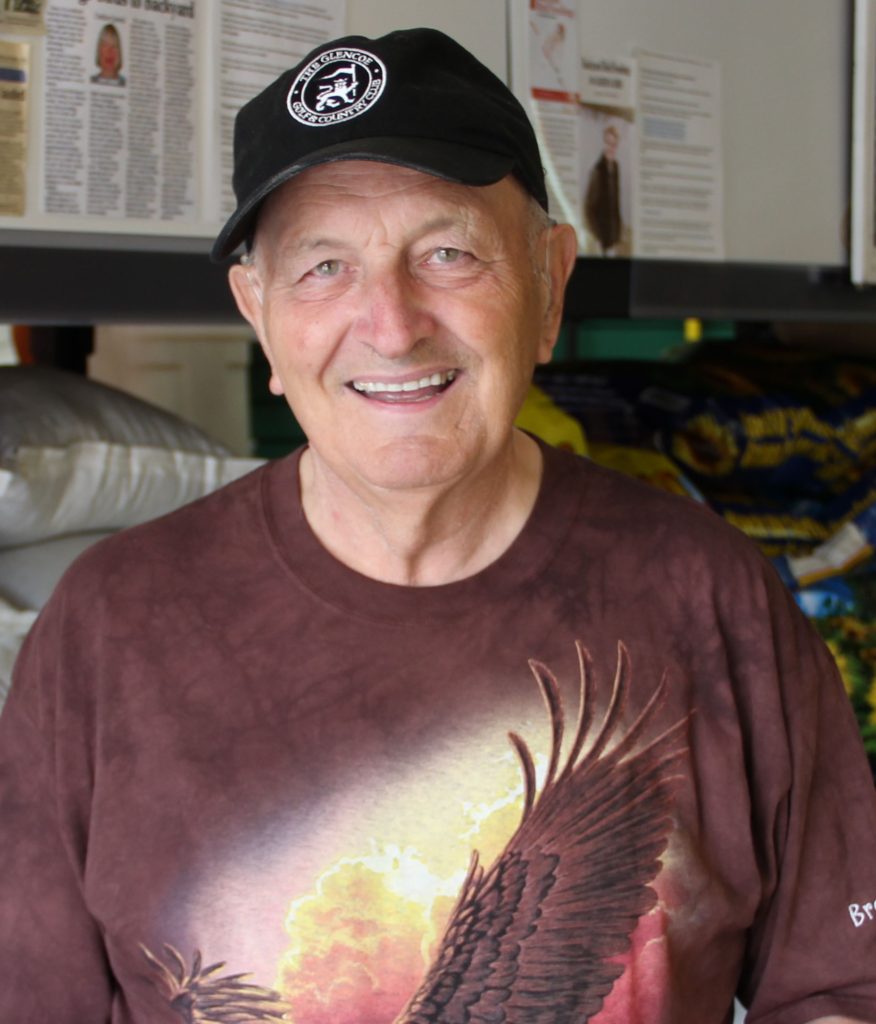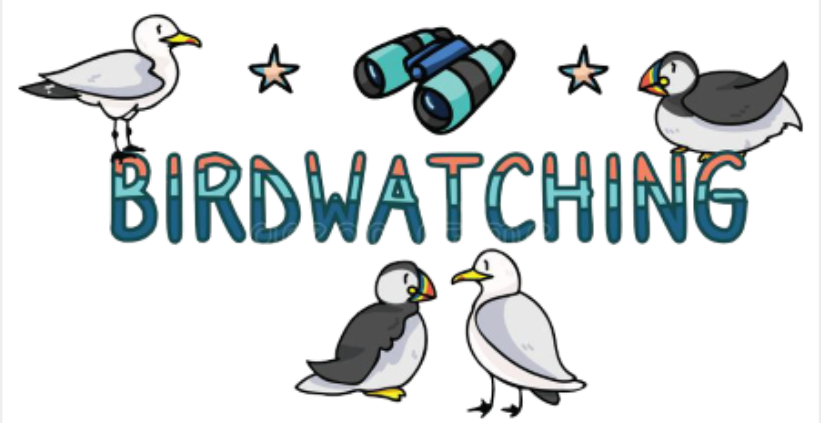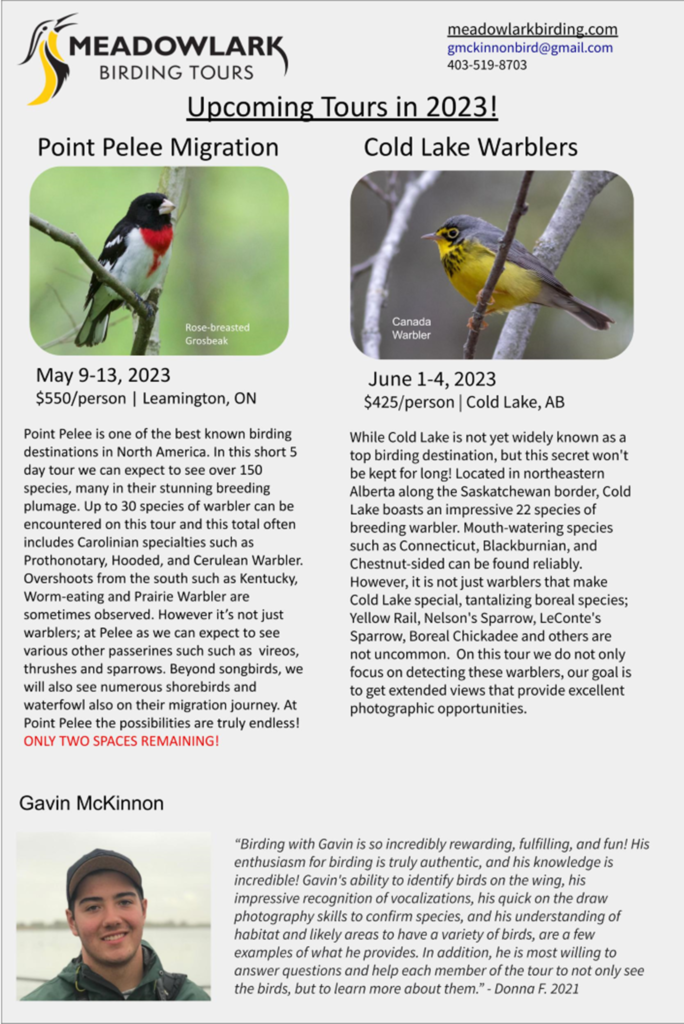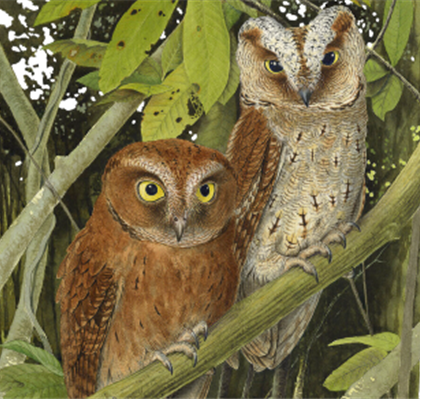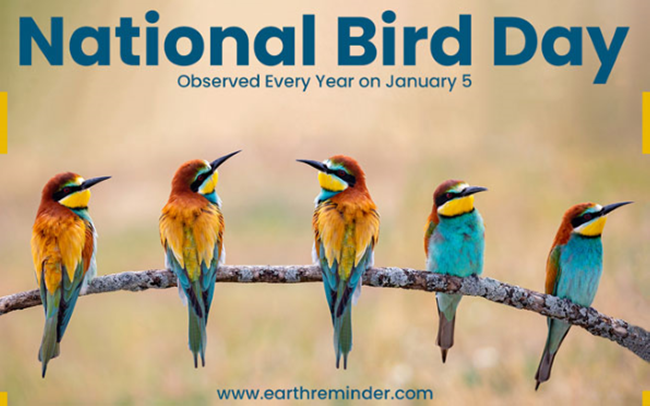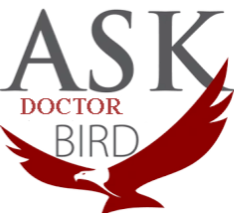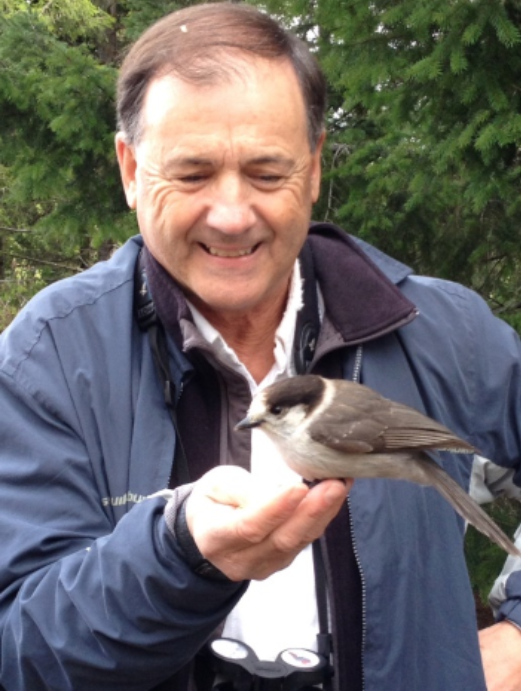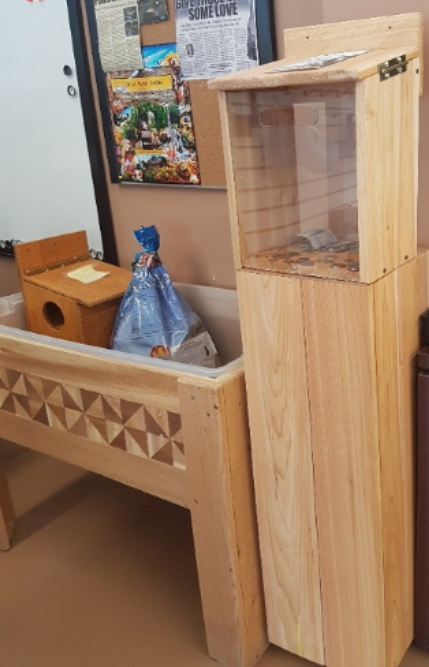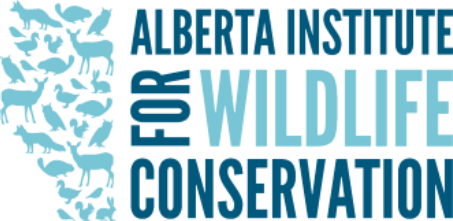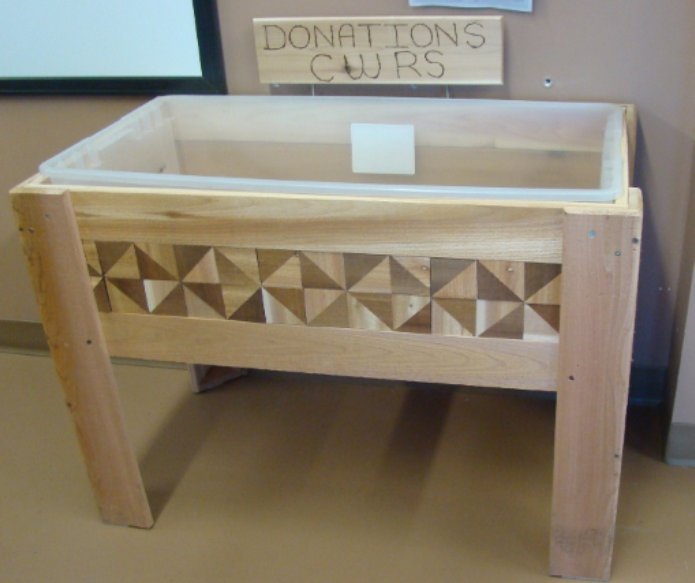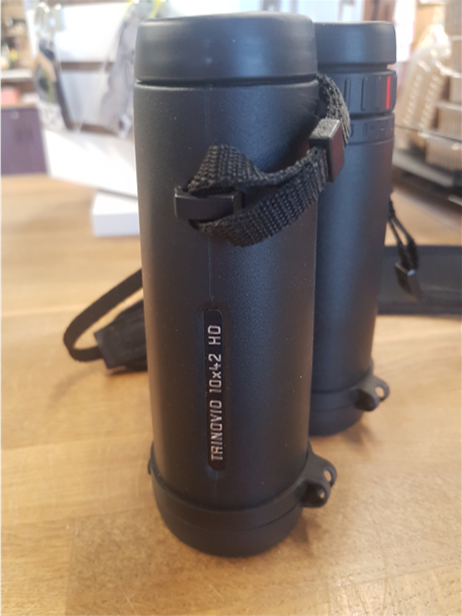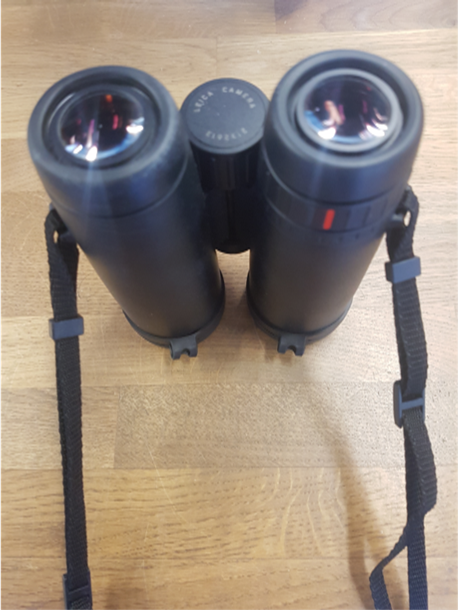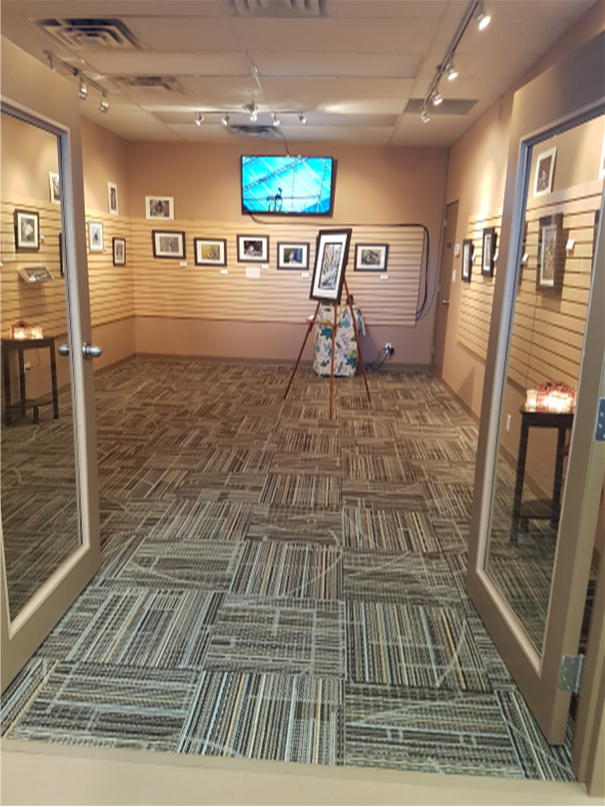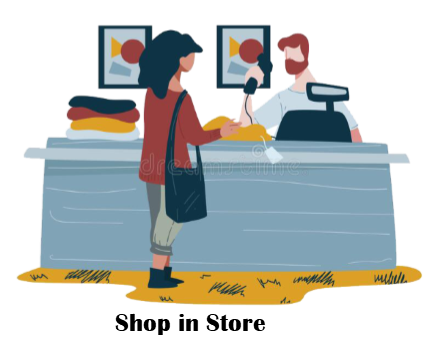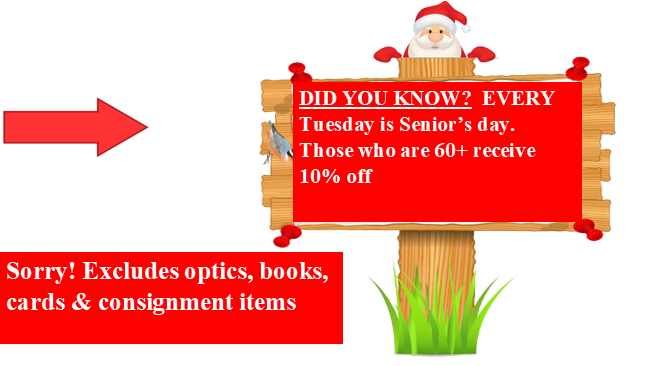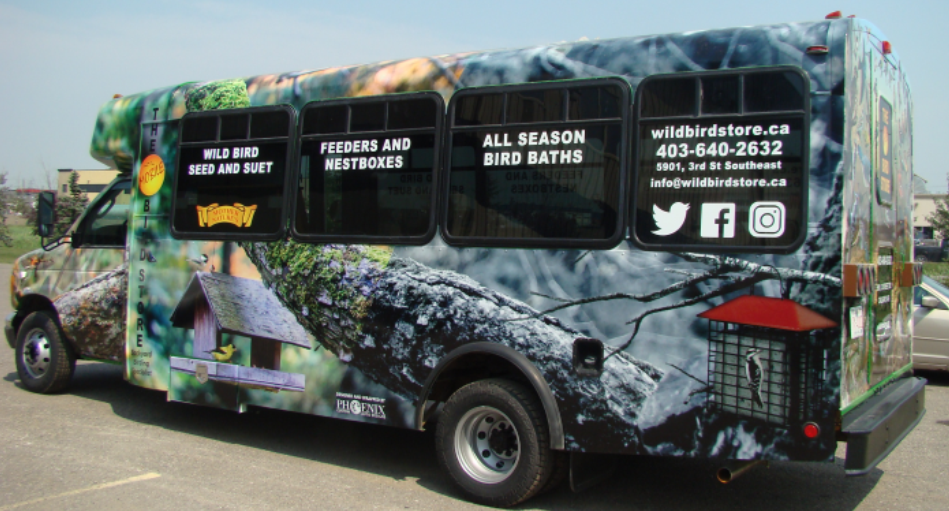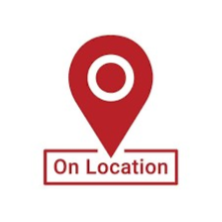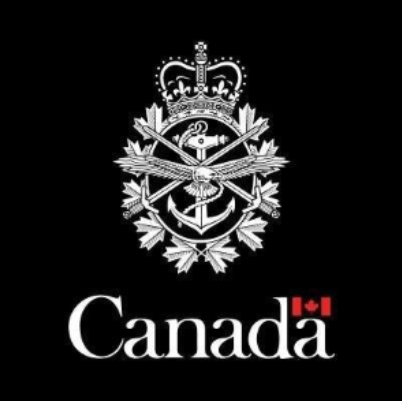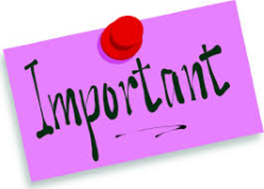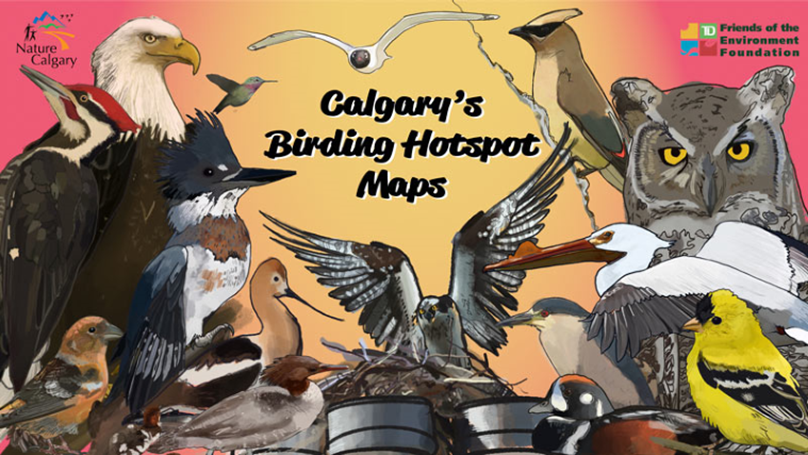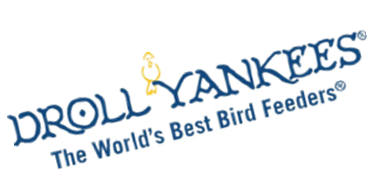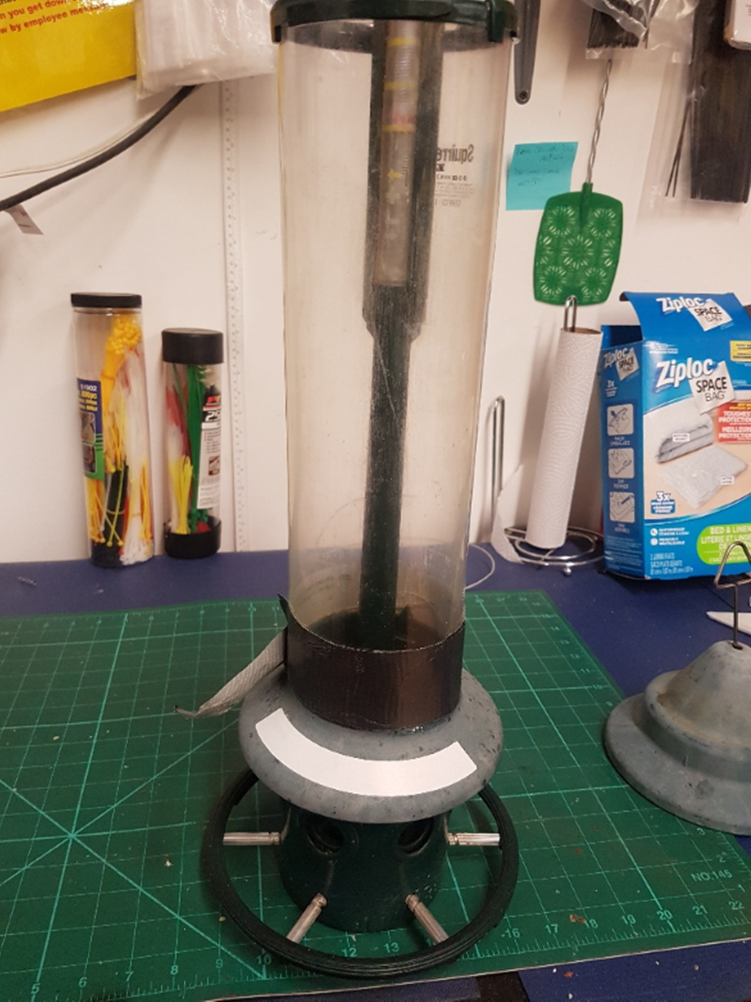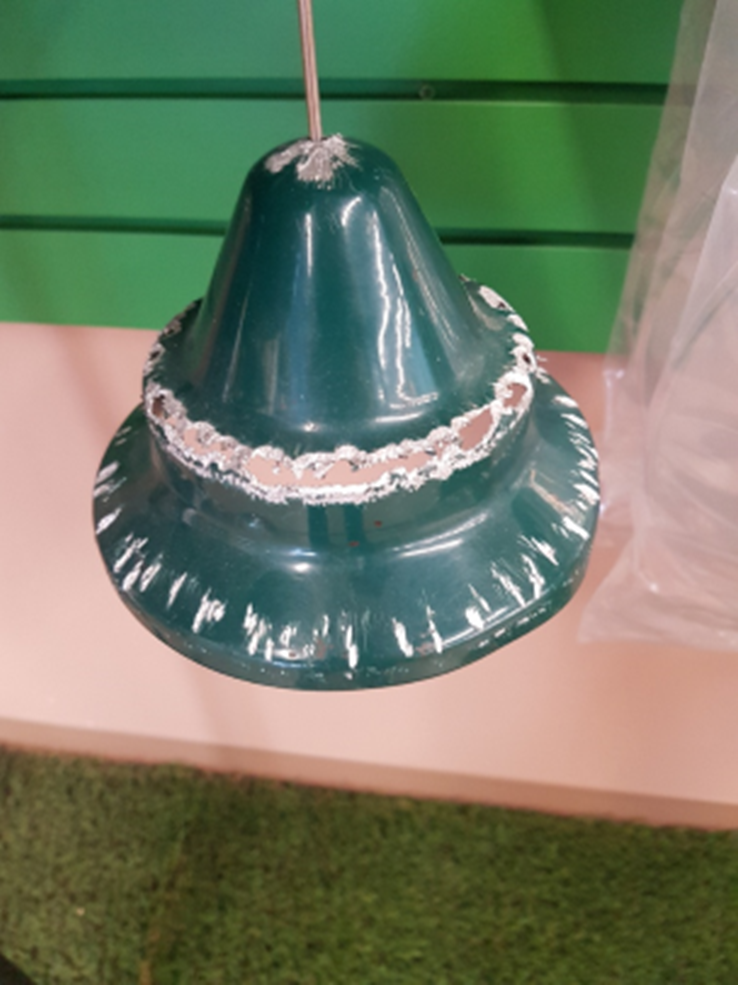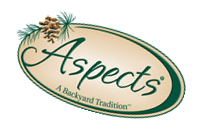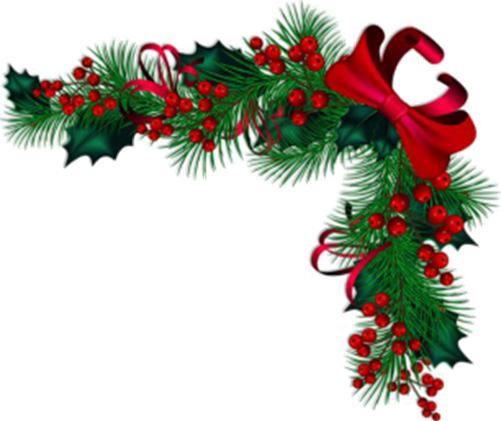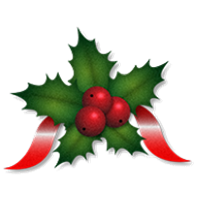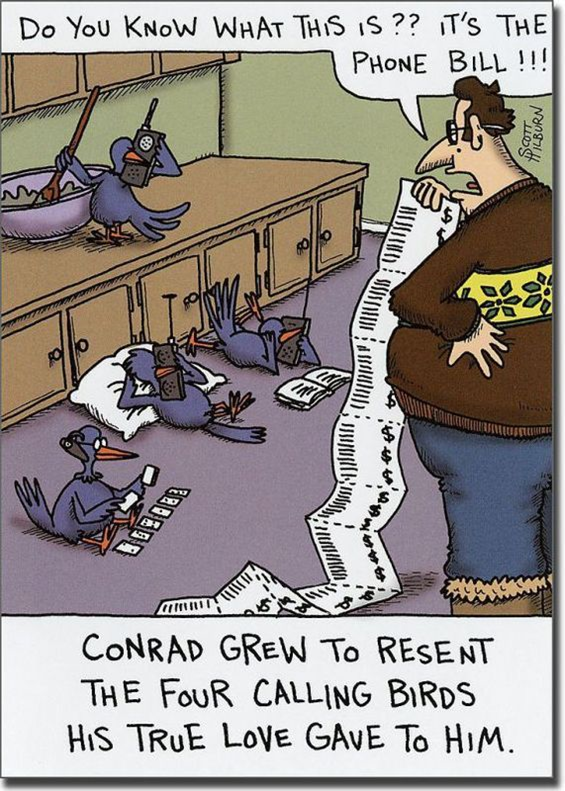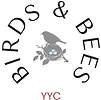LINK TO PDF NEWSLETTER DOWNLOAD


It used to be the American robin was the harbinger of spring in Alberta, but that has all changed. American robins usually go south to the warm weather of Mexico and the southern United States.
But in recent years, more and more are choosing to remain further north—both Edmonton and Calgary have over-wintering robins. While the numbers may seem large, consider that in Spring/Summer there are literally tens of thousands of breeding pairs in Alberta
Robins maintain a body temperature of about 104 degrees no matter the temperature outside. In the winter, they generate body heat by shivering and maintain their warm temperature by fluffing their feathers, which acts as a shield from blowing wind and snow. All of this temperature regulation takes a lot of energy, which they get from their food. Studies suggest that more robins over-winter here than we may realize, and rather than migrating, they simply change their behavior.
In the winter months robins are non-territorial and will gather in nomadic flocks to feast on berries, while in the spring the flocks disband to seek out and claim suitable nesting territory. Once nesting territories are established, American robins will aggressively defend their areas until the last chicks of the season have flown the coop, flocking together once again when fall blows in. So while many do migrate south, because of their nomadic tendencies through the winter & solitary nature in the spring and summer, there may be more robins who over-winter than we see.
So what can backyard birders feed over-wintering American robins? If you have a heated birdbath, you can place dehydrated mealworms in the water. American robins will also eat suet especially if it contains mealworms and seem to like hulled sunflower seeds. Planting fruit-bearing trees like Mountain ash, Juniper and Shubert will also attract American robins as well as Bohemian waxwings.
· Robins eat a lot of fruit in fall and winter. When they eat honeysuckle berries exclusively, they sometimes become intoxicated.
· Robin roosts can be huge, sometimes including a quarter-million birds during winter.
· Contrary to popular belief, American robins don’t find earthworms by hearing or smelling them. Robins find earthworms by cocking their head to one side, independently using each eye to look for visible signs of worms.
NEW service now being offered!
The Wild Bird Store in partnership with Andrew Barnes, now providing at home wild bird consulting service.
Specializing in helping you and your property become Wild Bird friendly for maximum results.
Services offered will include:
Bird feeder(s) recommendations for species focus and seed types
· Type(s) of seed and for which species it will be best suited
· Preferred location for maximum results
· Bird feeder accessories
· Hummingbird feeders and accessories
Nesting
· Nest box selection for native species—including all cavity nesting and platform species for Alberta
· Preferred location for nest boxes
· Maintenance tips
· Advice on how to deter invasive species (House sparrows and European starlings)
Watering needs
· Bird baths
· Heaters and heated baths
· Accessories including drippers and bubblers
· Location dos and donts
· Maintenance tips
Bat Houses/Chambers
· Location requirements
· Housing styles—including single vs multiple chambers
After each visit all discussion points and recommendations will be provided along with a 10% OFF coupon to be used at the Wild Bird Store on your next purchase.
PLEASE NOTE: 10% coupon is only valid for a one-time purchase and must be presented at time of purchase. In-store ONLY (excludes online)
For further information, pricing and scheduling, please contact
Andrew Barnes cell # (403) 923-8121 (call or text)
Email: andrewbarnes403@gmail.com
Have you checked out the Merlin app? Would you like a demonstration on how they will help you to identify birds? Stop by The Wild Bird Store during regular business hours and staff will be happy to show you how the app will enable you to identify birds in various ways.
Identify Bird Songs and Calls
Identify Birds by your Photos
Save Birds to Your Life List
Explore lists of birds near your location
All participants on any bird walk must have purchased a ticket through Eventbrite.ca and present the ticket to Jim prior to the bird walk. The weather plays a big part in bird walks and Jim reminds participants to dress anticipating weather changes and to carry water to keep hydrated.
Saturday January 14, 2023 SNOWY OWL PROWL
(9:00am meet in parking lot at rear of Wild Bird Store)
Ticket price: $6.00 +GST +fees
Tickets must be purchased through Eventbrite.ca—2023 WBS bird walks
Saturday January 28, 2023 GRIFFITH WOODS (Fish Creek Park)
(9:00am meet in parking lot 160 Discovery Ridge Blvd. S.W.)
Ticket price: $6.00 +GST +fees
Tickets must be purchased through Eventbrite.ca—2023 WBS bird walks
New Species of Scops-Owl Discovered in Africa
The family of scops-owls is restricted to the Old World. First introducted in 1769 by Welsh naturalist Thomas Pennant, it is the largest genus of owls with over 50 species.
Ornithologists have discovered a new species of the scops-owl genus inhabiting the forest of Principe Island, part of the Democratic Republis of Säo Tomé and Principe in Africa.
The newly-described species, occurs at low elevations of the old-growth native forest of Principe Island, located in the Gulf of Guinea, approximately 220km offshore Gabon.
The bird is currently restricted to the uninhabited southern part of the island but fully included within Principe Obô Natural Park.
National Bird Day History
National Bird Day seeks to raise awareness about birds and the harmful effects of the illegal bird trade. This day aims to reduce the suffering of birds by campaigning against bird breeding mills and by advocating for the improved welfare of birds in captivity. It further aims to acknowledge the importance of birds to Earth’s ecosystems.
National Bird Day was established in 2002 by the Avian Welfare Coalition. It is observed annually on January 5th.
National Bird Day Top Events and Things to Do
· Visit a bird sanctuary or conservatory to experience the beauty and diversity of birds: like the Birds of Prey Centre in Coaldale, Alberta
· Go birdwatching. It can be a fun and exciting experience to see your local wildlife. Be sure to keep the area clean and hospitable for the animals that live there.
· Donate to a reputable charity or organization that works to protect birds like the Birds Conservancy of the Rockies
Question:
How do birds deal with the chilly temperatures in winter?
Response:
Birds have an amazing number of behavioural and physiological adaptations for surviving the coldest of conditions. It has a lot to do with their most unique feature—feathers. If you’re looking for natural lightweight insulation, you couldn’t find better than bird feather coats. Just like we throw on extra clothing to combat winter cold, some birds enhance their insulation from feathers by molting into fresh, thick plumage. Some sparrows that spend their winters in chilly areas actually increase their plumage weight by as much as seventy percent from summer to winter! They also fluff out their feathers to create warm air pockets to increase the insulation value of its plumage. And here’s another trick we humans can’t do. At night-time, especially in especially in extremely cold weather, birds can lower their body temperature a few degrees to conserve energy. When a bird becomes cold, it tenses its breast muscles and begins to shiver to generate body heat. In really cold wintery weather, birds favour sheltered or wind-protected areas in both feeding and roosting locations and waterfowl often tuck their heads into their “armpits”.
So, don’t worry about the birds in winter. Nature has provided them with quite an array of adaptations. After all, if they couldn’t handle it, they wouldn’t stay, right?
David M. Bird, Ph.D., Emeritus Professor of Wildlife Biology, McGill University www.askprofessorbird.com

David M. Bird is Emeritus Professor of Wildlife Biology and the former Director of the Avian Science and Conservation Centre at McGill University. As a past-president of the Society of Canadian Ornithologists, a former board member with Birds Canada, a Fellow of both the American Ornithological Society and the International Ornithological Union, he has received several awards for his conservation and public education efforts. Dr. Bird is a regular columnist on birds for Bird Watcher’s Digest and Canadian Wildlife magazines and is the author of several books and over 200 peer-reviewed scientific publications. He is the consultant editor for multiple editions of DK Canada’s Birds of Canada, Birds of Eastern Canada, Birds of Western Canada, and Pocket Birds of Canada. To know more about him, visit www.askprofessorbird.com or email david.bird@mcgill.ca.

DONATIONS
Located at The Wild Bird Store (near the seed bins). We collect your cash as well as “wishlist” donations and arrange to deliver them to local wildlife organizations including Calgary Wildlife Rehabilitation, Alberta Institute of Conservation and Ellis Bird Farm.
We ask for your support quarterly for each of these organizations.
For December 2022, and January, February 2023 your donations will go to:
Alberta Institute for Wildlife Conservation (AIWC)
The Wild Bird Store offers the “Book Nook” as a gathering place for your next meeting. The room is for rent for $50.00 +GST which includes the set up of the chairs, video equipment is available and coffee, tea and water are available.
Please contact info@wildbirdstore.ca for more information or to reserve your spot.
Options for shopping at the Wild Bird Store
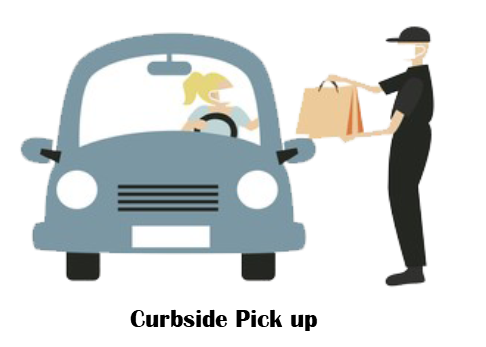
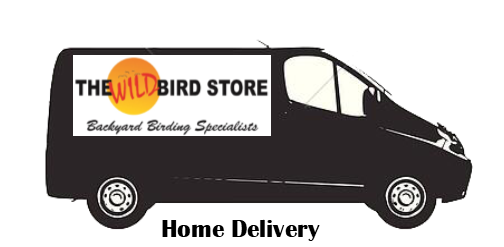

Store hours are:
10:00am to 5:00pm Monday through Saturday

To ensure you get what you want, please have your order in by 5:00pm on Tuesday and we will set it aside for you
Text us @ (403) 701-4571 OR email us at orders@wildbirdstore.ca so we can put your order aside.
Earn and redeem customer loyalty points on
The Bird Seed Truck


DELIVERY: Deliveries will still be made on Thursdays ONLY. Please phone the store at (403) 640-2632 any day prior to 12:00 noon on the Wednesday before your delivery; place and pay for your delivery. Please phone with your order as early as possible to avoid disappointment. If you have any special instructions please do not forget to inform us when you place your order.

We offer a discount if you return your seed bags (sorry—not the Mother Nature bags which we cannot re-use), suet ball containers, if you bring your own container to fill or use a bag from our re-cycle bin. This discount is in addition to any other discount offered.
Write a Google review on your experience at The Wild Bird Store, and as a thank you, we will give you 100 customer loyalty points ($5.00 value). To get a promo code, kindly email info@wildbirdstore.ca
(one Google review per customer)
Earn 200 customer loyalty points ($10.00 value) by referring a friend, acquaintance or fellow birder.
Please visit the store to get a promo code.
Combining our Seniors 10% discount with the Loyalty Program. (Excludes “sales” items, books & optics).
Discount for membership 10% discount for members of Fish Creek Park, AIWC, Priddis Golf Club, Nature Calgary, Sandy Cross Conservation, Springbank Garden Club and Millarville Horticultural Society. Must present valid membership card at time of purchase.
Discount for Military Members & Veterans 10% discount on
purchases in-store or on Mobile Seed Truck (sorry—excludes “sales”
items, books, optics and consignment items)

Water is as important as food. Like any other living thing, a clean source of water is essential to wellbeing. Offering a birdbath during the winter season helps wild birds to easily find this valuable resource. This in turn helps them reserve energy for other activities such as keeping warm. If you live in an area where temperatures dip below freezing, consider a heated birdbath since its likely natural water forms are also frozen
When temperatures dip below –22 degrees (especially with the wind chill), the Wild Bird Store recommends removing water from the birdbath and unplugging the unit until temperature warms up to above –20 degrees. This ensures that our feathered friends will not be exposed to water during freezing temperatures which can put them at risk of hypothermia.
When the extreme winter temperatures take effect and the snow is falling, have an inexpensive “backup” feeder clean and filled. This way when your existing feeder is empty you can simply replace it with the “backup” feeder.
Also remember to use high energy foods such as black-oil sunflower seeds in the shell or shelled, suet and peanut kernels
Nature Calgary and TD Friends of the Environment have produced maps to help you explore and learn Calgary’s best and most unique birding hotspots. Encouraging diverse communities to celebrate the joy of birding and hope these maps will help to introduce a new generation of birders in our city.
The maps cover different birding areas within the city and are available in several languages.
Birding Carburn Park, Birding the Bowmont Natural Area, Birding at Elliston Park, Birding at St. Patrick’s Island and Birding in Weaselhead Flats are available FREE at The Wild Bird Store.
5901 3rd Street S.E.,
Calgary, AB T2H 1K3
email: info@wildbirdstore.ca
(403) 640 2632
The Store is open Tuesday through Saturday 10:00am to 5:00pm
We are CLOSED Sundays, and ALL Statutory holidays for Faith, Family and Friends.
As of Monday December 5, 2022 we will be open on Mondays. We apologize for any inconvenience the disruption in store hours caused. Thank you for your continued support.
We still offer curbside pickup every day we are open and delivery service on Thursdays.
FOLLOW US ON:
Facebook @thewildbirdstoreyyc
Twitter @wildbirdstoreyyc

Go to YouTube, type in the search bar “The Wild Bird Store” to watch our videos and to help us become more visible . Be sure to click on “Subscribe” before you leave the page.

